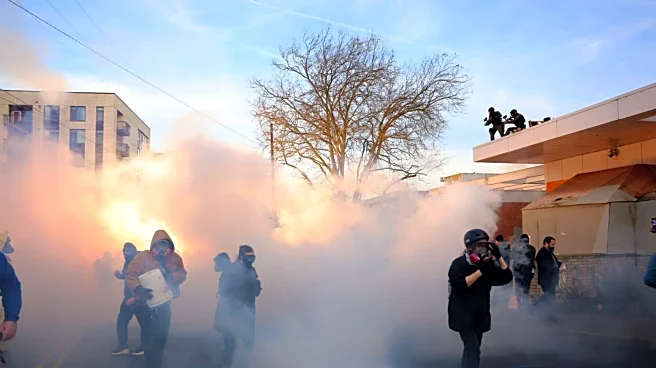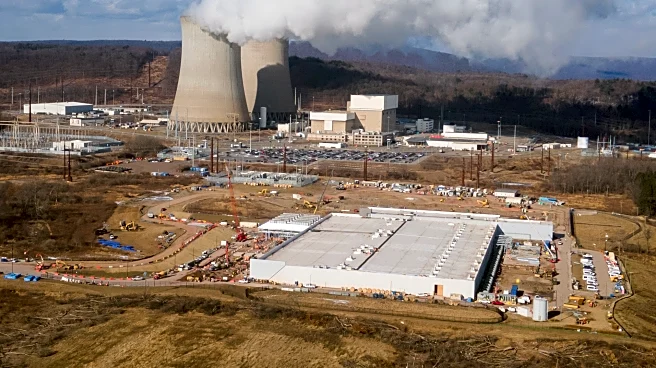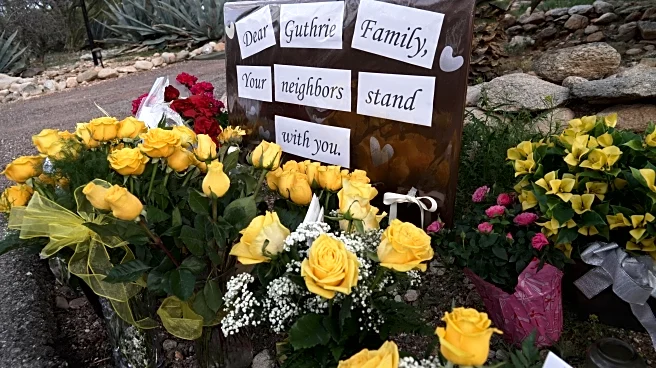What's Happening?
President Trump has proposed deploying federal troops, including the National Guard, to Chicago to address crime, homelessness, and undocumented immigration. This plan has been met with opposition from Chicago Mayor Brandon Johnson and Illinois Governor JB Pritzker, who argue that such a move would be illegal. They emphasize that crime rates in Chicago have decreased significantly over the past year, with reductions in homicides, robberies, and shootings. The Pentagon has reportedly been planning this deployment for weeks, but Governor Pritzker stated that Illinois has not received any requests for federal intervention. Legal experts, including CBS News Chicago analyst Irv Miller, assert that the President lacks the authority to unilaterally send the National Guard to Illinois, as such decisions are the prerogative of the state's governor.
Why It's Important?
The proposed deployment of federal troops to Chicago raises significant legal and political questions. If implemented, it could set a precedent for federal intervention in local law enforcement matters, potentially infringing on state sovereignty. The opposition from local leaders highlights concerns about the militarization of public safety and the potential for increased tensions between residents and law enforcement. The plan also reflects broader national debates about crime, immigration, and federal authority. While some groups in Chicago support the deployment, arguing it would enhance safety, others, including the ACLU of Illinois, caution against using military forces for policing, emphasizing the need for community-based approaches to public safety.
What's Next?
Governor Pritzker and Mayor Johnson are likely to continue opposing the deployment, potentially seeking legal avenues to prevent it. The situation may lead to further political and legal confrontations between state and federal authorities. Public discourse around the issue is expected to intensify, with various stakeholders, including civil rights organizations, weighing in on the implications of federal intervention. The administration's next steps will be closely watched, as they could influence similar actions in other cities facing crime-related challenges.
Beyond the Headlines
The controversy over deploying the National Guard in Chicago touches on deeper issues of federalism and the balance of power between state and federal governments. It also raises ethical questions about the use of military forces in civilian contexts and the potential impact on community trust in law enforcement. Long-term, this situation could influence public policy discussions on crime prevention and the role of federal government in local affairs.









